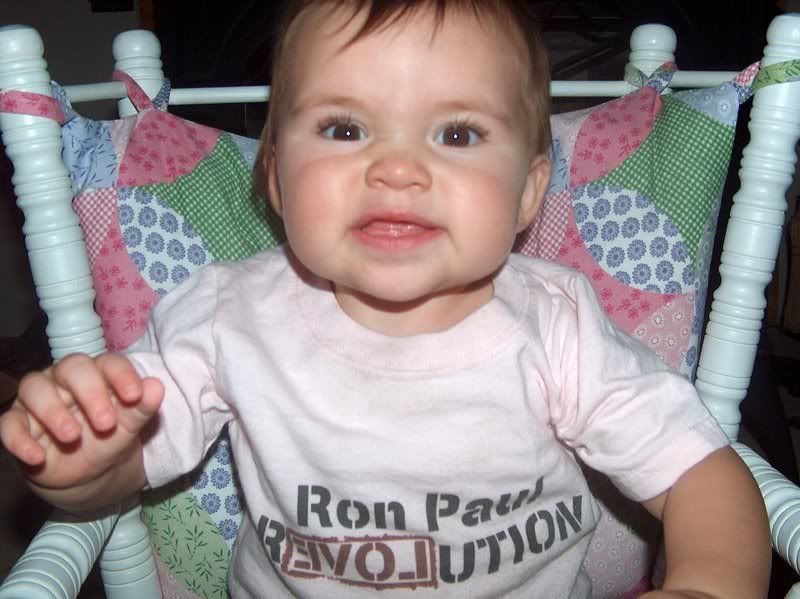For anyone who might be wondering how we got in this situation and what the best way to get out of it is; here's what I think.
Like I've said before, the government's answer to any problem that comes along is always more government intervention. The very thing that gets us in trouble in the first place. During the Great Depression the government began getting involved in the housing markets to try to help those who were struggling to get into homes they couldn't afford. Fannie Mae was created in 1937, and Freddie Mac came along in 1970. Then in 1977 the Community Reinvestment Act was passed, forcing banks to give loans out to risky borrowers (a mistake the free-market never would have made on their own).
Then to add insult to injury, the Federal Reserve began creating artificially low interest rates as an attempt to ward off the coming recession. This means investments that normally wouldn't be profitable, are now more profitable. But since the demand is artificially created by the Fed creating more money, rather than by demand of the free market; it creates what's called malinvestment. In other words the market is flooded with more of something that it didn't really have a high demand for in the first place.
Case in point...real estate. Think about how much new home construction was going before this whole housing bust came along. Now we're left with all those houses, and nobody to fill 'em all.
Ordinarily in the free market the prices would have to be adjusted to...well, whatever it took to sell them. This is how the free-market evens itself out naturally. People who need homes can then find more affordable ones, and unnecessary construction of new ones is brought to an end until the market balances itself back out and the demand returns.
So here's the problem...the government just wants to have their cake and eat it too. They want housing prices to remain high to protect investment, yet they don't want to leave people out on the street who can't afford them.
So in the end what will happen is simply this; Wall-street will stay rich, and the rest of us will work harder to pay for the everyday things we need in order to survive. The only asset most Americans invest in, the American dollar, will be at a new all-time low. All in order to protect the investments of a few on Wall-street.
Once again, neither the Democrats nor the Republicans will offer a viable solution to this problem. Instead, they will most likely avoid any debate of context other than...more of the same.
Subscribe to:
Post Comments (Atom)



No comments:
Post a Comment